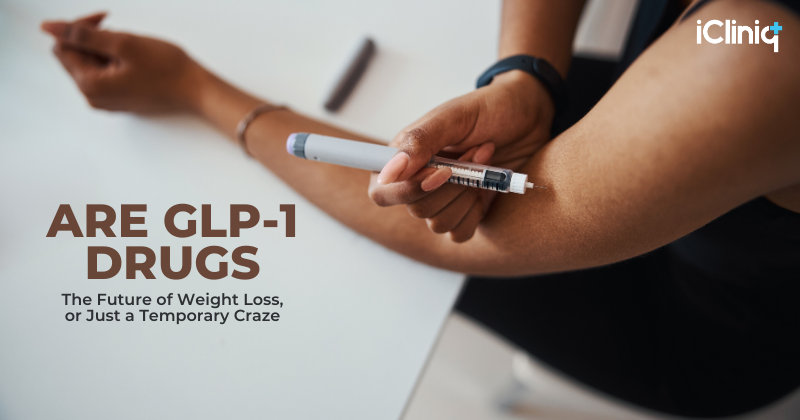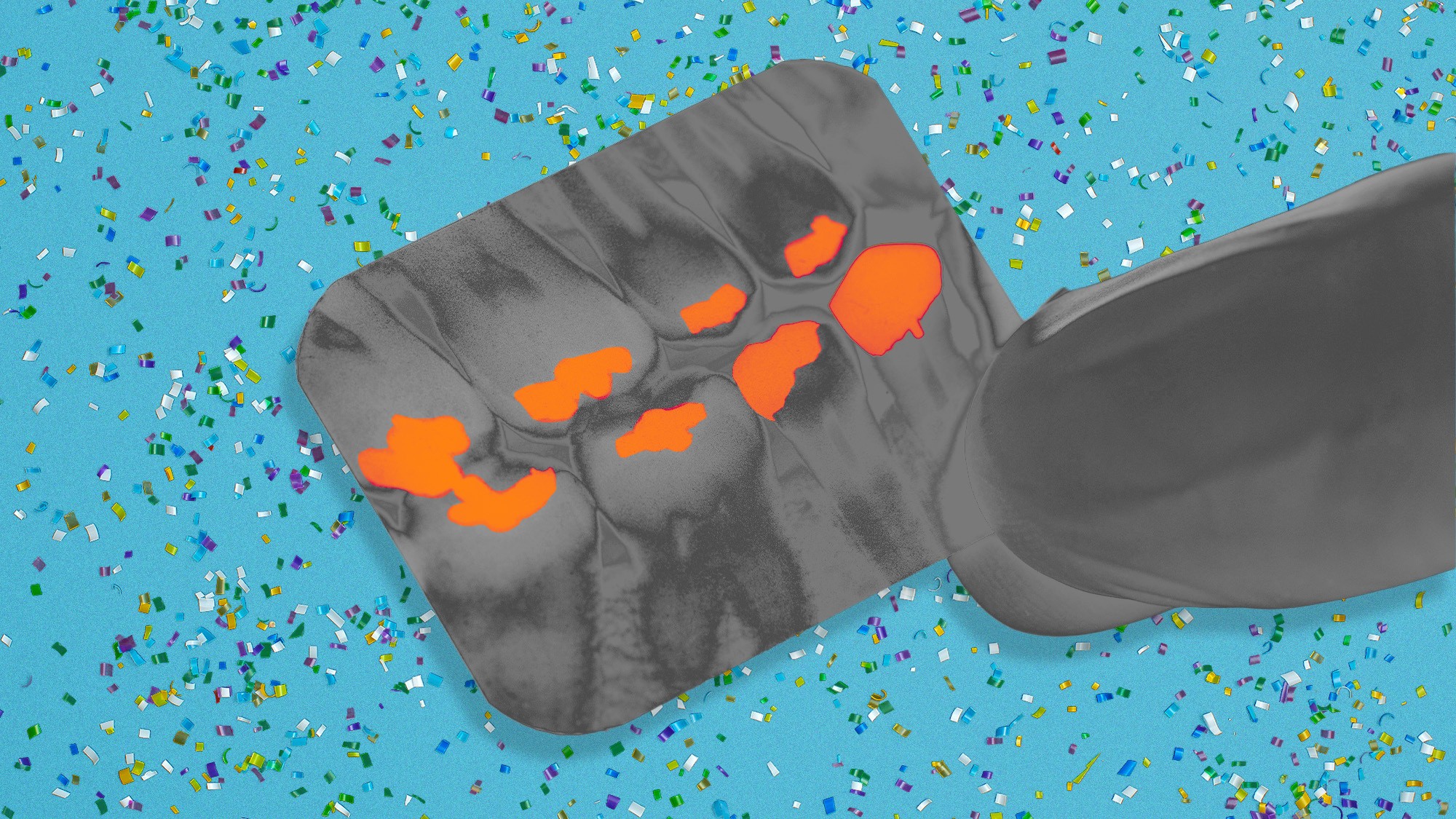
Weight loss has been a billion-dollar discussion all along. From new diets, so-called miracle teas, and "quick-fix" fitness fads that arrive every other week. But the new hype is not a fad diet or an exercise regimen; it's about drugs known as GLP-1 receptor agonists. Hailed as game-changers for type 2 diabetes and obesity, they've burst their way into mainstream media and celebrity health discussions. But the ultimate question is: are these medications really the real deal, or are they just another glossy trend that will lose its luster?
The Science Behind the Hype
GLP-1 medications replicate a natural hormone in the body that controls blood sugar, slows down digestion, and suppresses appetite. That is quite an effective combination if you are attempting to lose weight. Clinical trials indicate that patients can lose as much as 15% of their body weight with repeated use. On paper, it is the magic pill that people have been waiting for. But like anything that claims "miraculous" outcomes, we must examine it more closely.
Why Everybody Is Discussing It
From social media reviews to the covers of magazines, GLP-1 medications are ubiquitous. Celebrities and social media stars rave about them being "life-changing," and suddenly demand goes into the stratosphere. Even pharmacies in certain areas reported running low. Cultural hoopla has boosted the illusion that these shots are a panacea for weight issues. But hype and reality are not always synonymous. Didn't we have keto being touted as the "only diet you will ever need"? Trends tend to muddy the waters between science and marketing.
The Hidden Costs and Side Effects
Here is what does not always hit the headlines: GLP-1 drugs have nausea, gastrointestinal upset, and long-term safety issues that scientists continue to research. They are also pricey, running hundreds of dollars a month in most markets, and insurance does not always pay. For others, weight creeps back on when they discontinue treatment, fueling the controversy: are we addressing the issue or merely treating it in the short term?
The Psychological Influence
Weight loss is always more than a number on the scale. Patients describe greater confidence and motivation while taking GLP-1 medication, but there is a downside. Overdependence on a medication can lead to addiction, with individuals afraid of gaining weight as soon as they stop. Real transformation of health usually takes a change in mind, lifestyle modifications, and habits that last. A syringe cannot overhaul years of emotional eating habits or a life spent sitting around.
Where Do We Go From Here?
GLP-1 medicines are not a hoax; they are based on sound science and are potentially life-saving for diabetics and the obese. But they are not a magic bullet either. The most effective strategy might be to merge the hunger-suppressing strength of these medicines with tailored dietary support, regular exercise, and behavioral therapy. Consider GLP-1s as one of the many tools in the weight management toolkit, but not a silver bullet.
So, are GLP-1 drugs the real deal or hype? The answer is in the middle. They are a mighty medical advancement, but not the magic wand the headlines portray. If you are thinking of them, do so with medical advice, realistic hopes, and a dedication to long-term well-being.





